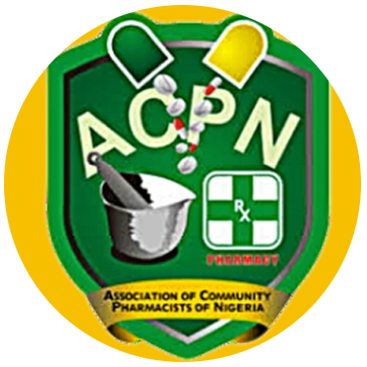The Association of Community Pharmacists of Nigeria (ACPN) has urged the Federal Government to impose sanctions on companies and pharmacists allegedly involved in unlawful drug distribution practices within Federal Health Institutions (FHIs) across the country.
Speaking on behalf of the association, the National Chairman, Pharm Ezeh Ambrose Igwekamma, decried what he described as a “persistent culture of disregard for the law” by some pharmaceutical companies and their superintendent pharmacists who are reportedly operating illegally within public hospitals.
Pharm Ezeh criticised the Federal Ministry of Health (FMoH) for allegedly turning a blind eye while unregistered private operators manage drug distribution activities under various Public-Private Partnership (PPP) arrangements.
He also faulted previous ministry-backed initiatives such as Medipool, describing them as unlawful and detrimental to the integrity of Nigeria’s public drug supply system.
According to the ACPN Chairman, the statutory framework for drug management in public hospitals remains guided by Decree 43 of 1989 (now Cap 252 LFN 2004), which established the Essential Drug List and the Drug Revolving Fund (DRF).
He stressed that pharmacists must retain full control of procurement, distribution, and management in line with DRF operational manuals.
However, he lamented that many hospital Chief Medical Directors (CMDs) and Medical Directors (MDs) have allegedly mismanaged DRF resources, leading to recurring stock-outs and inconsistent drug availability in federal hospitals.
Citing a successful model, Pharm. Ezeh referenced the National Orthopaedic Hospital (NOH), Igbobi, where the Department of Pharmacy, under pharmacist-led management, built a N200 million pharmacy complex in 2014 without compromising the DRF account an achievement he described as unmatched by any other health professional group.
He expressed disappointment that, despite repeated ACPN warnings between 2020 and 2022, the FMoH failed to act as irregularities eroded the model’s success.
The ACPN maintained that current PPP pharmacy models operating in several FHIs, including UCH Ibadan, UDUTH Sokoto, AKTH Kano, National Hospital Abuja, NAUTH Nnewi, JUTH Jos, and FMCs in Makurdi, Umuahia, Jabi, and Nguru, among others, are illegal.
The association said these practices contravene several sections of the Pharmacy Council of Nigeria (PCN) Act 2022, including provisions that only registered and inspected pharmacies may store, sell, or dispense medicines; that private pharmacies are prohibited from operating inside public health facilities.
Pharm. Ezeh further noted that the affected hospitals are also in breach of the Public Procurement Act 2007, which mandates transparent, competitive bidding in all procurement processes.
Reaffirming ACPN’s commitment to strengthening Nigeria’s pharmaceutical supply chain, Pharm. Ezeh emphasised that tackling drug scarcity and ensuring equitable access to essential medicines require firm enforcement of existing laws.
He warned that financing gaps and systemic irregularities continue to undermine quality, equity, and access in public healthcare.





